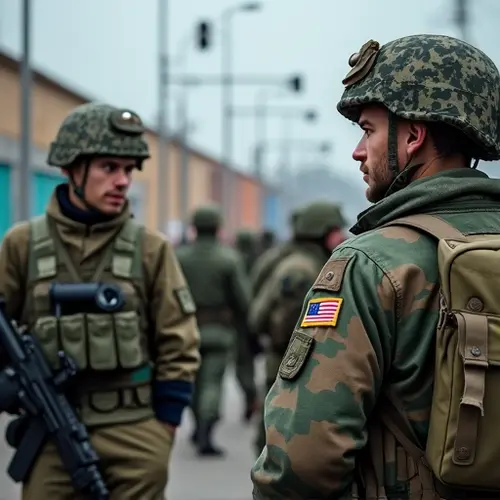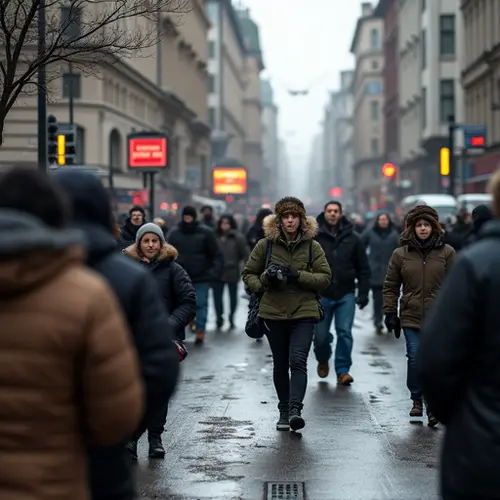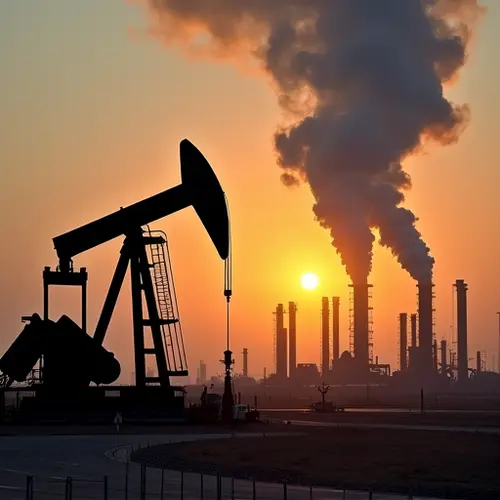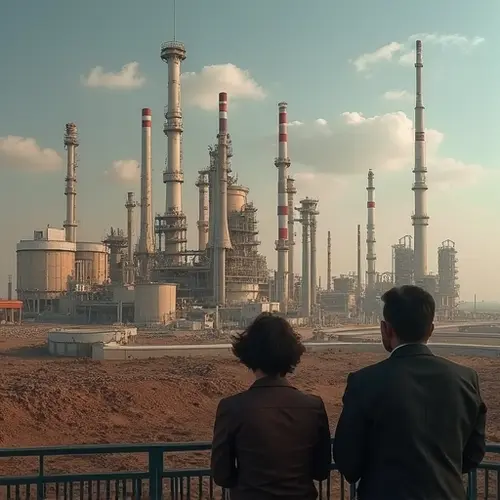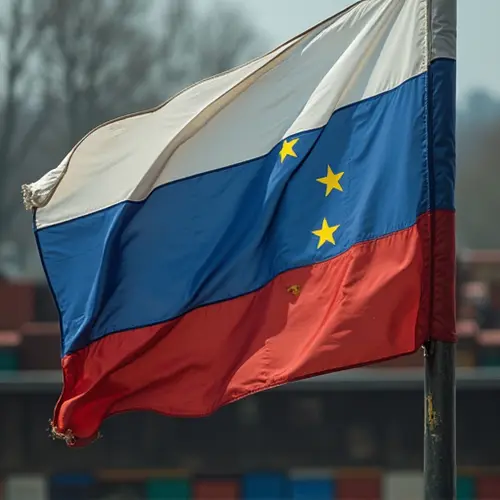
Landmark Sanctions Against Russian Economy
The European Union has adopted its 18th sanctions package against Russia despite initial opposition from Slovakia. EU foreign policy chief Kaja Kallas described the measures as "one of the strictest" to date, primarily targeting Russia's financial capabilities.
Key Financial Restrictions
The sanctions specifically target Russian banking institutions and Chinese banks facilitating sanctions evasion. Additionally, the EU aims to halt exports of drone technology to Russia. The package adds 105 vessels to its "shadow fleet" blacklist - aging oil tankers helping Russia circumvent restrictions. These ships are now banned from EU ports.
Oil Price Cap Adjustment
The EU has significantly lowered the oil price cap from $60 to $47.6 per barrel to align with current market prices. This mechanism prevents EU oil traders from paying above set limits for Russian crude, directly impacting Moscow's oil revenues which constitute approximately one-third of government income.
Slovak Concerns Addressed
Slovakia had initially blocked the sanctions over unrelated concerns regarding the EU's plan to halt Russian gas imports by 2028. The country sought extended gas import rights or financial compensation, fearing economic disruption. Though details remain unclear, European Commission President Ursula von der Leyen suggested possible suspension of the gas ban during extreme price spikes.
Russian Response
Kremlin spokesperson Dmitry Peskov denounced the sanctions as "unilateral and illegal" while claiming Russia has developed "a certain immunity" to such measures. Moscow stated it would analyze the package to minimize its economic impact.

 Nederlands
Nederlands
 English
English
 French
French
 Deutsch
Deutsch
 Espaniol
Espaniol
 Portugese
Portugese




